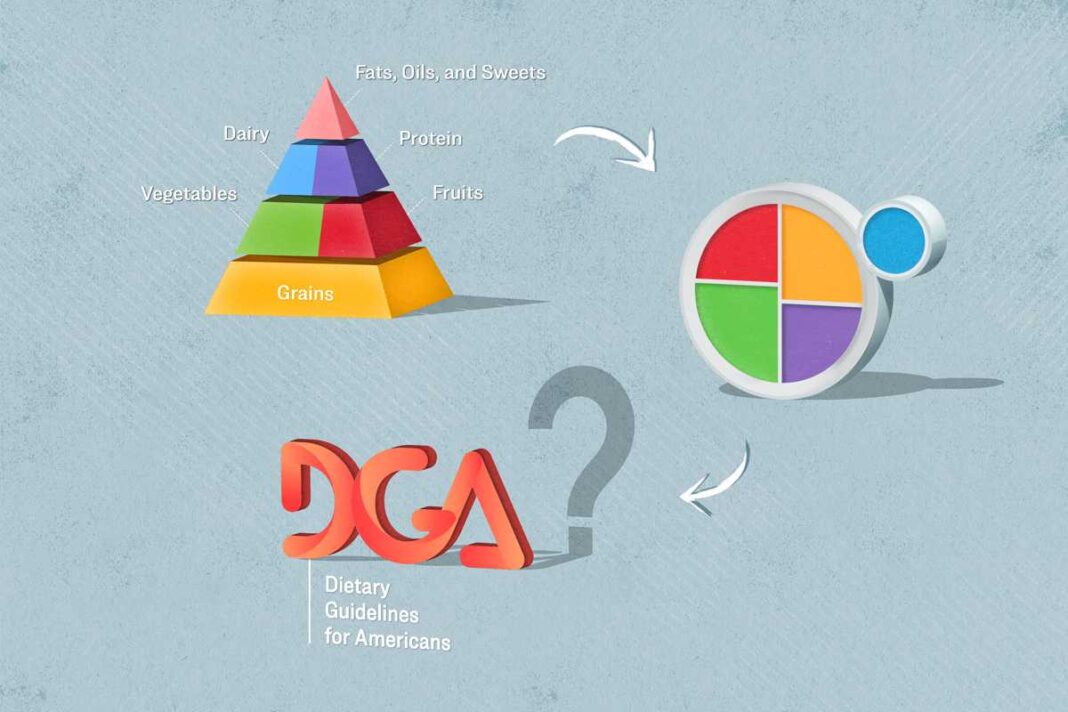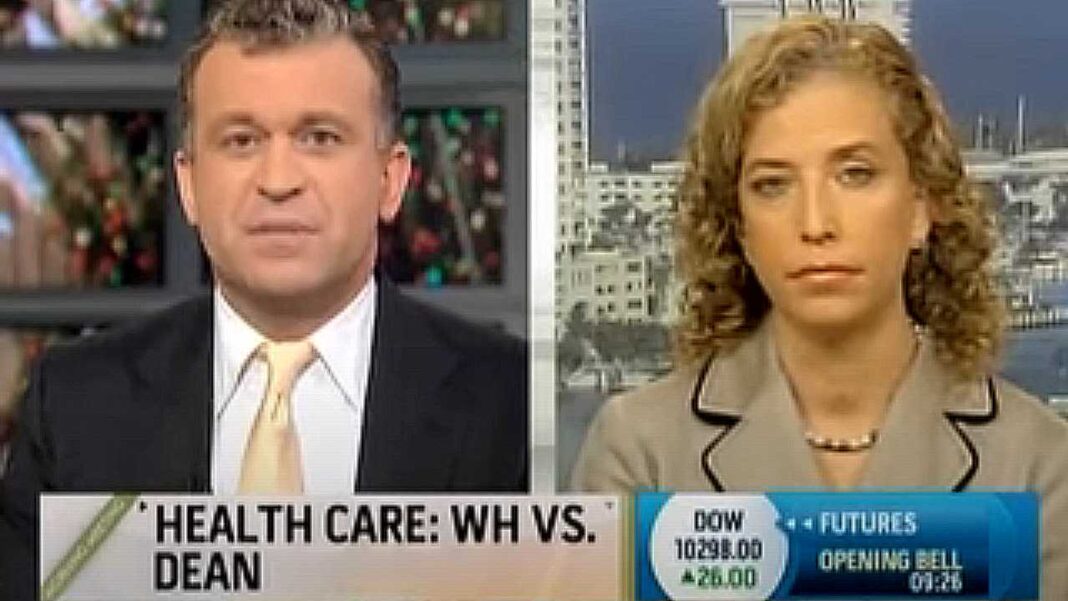
If confirmed as HHS secretary, RFK Jr. faces entrenched forces, the chronic disease epidemic, and updated dietary guidelines opposing a number of his stances.
With the new dietary guidelines for Americans still being finalized, President-elect Donald Trump has urged Robert F. Kennedy Jr., nominee for Secretary of Health and Human Services (HHS), to “go wild on the food,” signaling the potential for major shifts in national nutrition policy.
With diet-related illnesses costing the nation more than $1 trillion annually, the guidelines carry immense weight in shaping the eating habits—and health outcomes—of millions. Kennedy’s leadership could usher in significant changes, including stricter scrutiny of ultra-processed foods and a push to reduce corporate influence over federal health recommendations. As the Dietary Guidelines Advisory Committee (DGAC) prepares its report, Kennedy faces a rare opportunity to address America’s mounting diet-related health crisis.
Dietary Guidelines Defined
If you’ve ever eaten a school lunch, followed a doctor’s advice about healthy eating, or noticed public campaigns promoting nutrition, you’ve encountered the influence of the Dietary Guidelines for Americans. Updated every five years, these recommendations affect what’s on school cafeteria trays, hospital menus, and the foods covered by assistance programs like the Supplemental Nutrition Assistance Program.
But the guidelines don’t appear out of thin air. Behind them is the Dietary Guidelines Advisory Committee (DGAC), a panel of nutrition scientists and public health experts. Over two years, the committee reviews research, gathers public input, and compiles a report that informs the final recommendations.
The DGAC’s role is advisory.
“The Dietary Guidelines Advisory Committee reviews the science and makes recommendations,” Richard Mattes, a nutrition scientist and member of the 2020 DGAC panel, told The Epoch Times. Their report goes to the HHS and the U.S. Department of Agriculture (USDA), which finalize the guidelines.
This dynamic has led to controversy in the past. In 2020, the DGAC proposed stricter limits on added sugars and alcohol, but those suggestions were ultimately rejected. Now, the DGAC is preparing its report, a process expected to continue into 2025. If confirmed as HHS secretary, Kennedy will oversee implementation of the guidelines and help shape their final form.
By Sheramy Tsai






